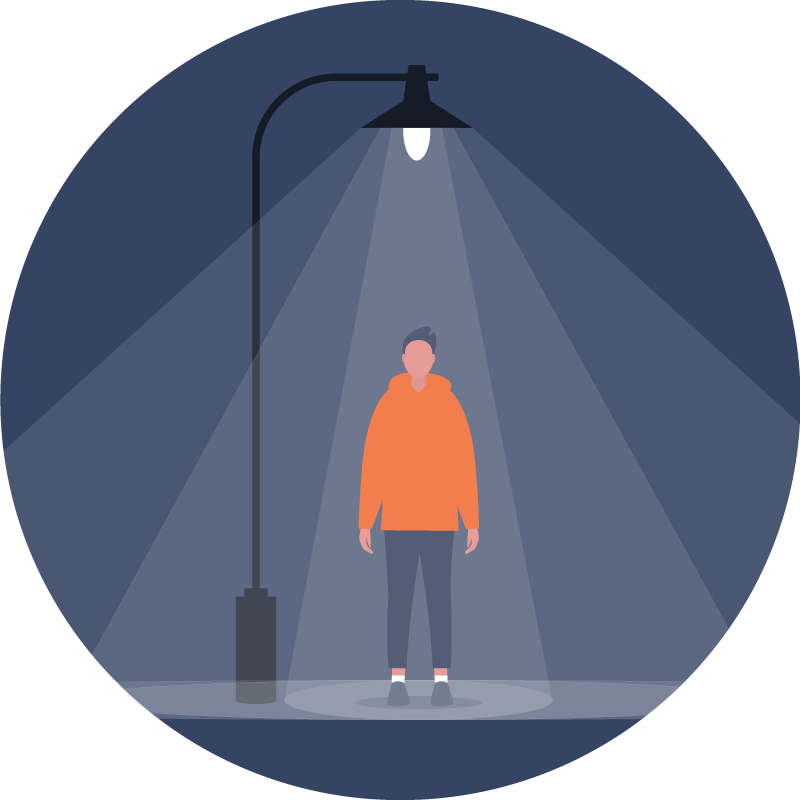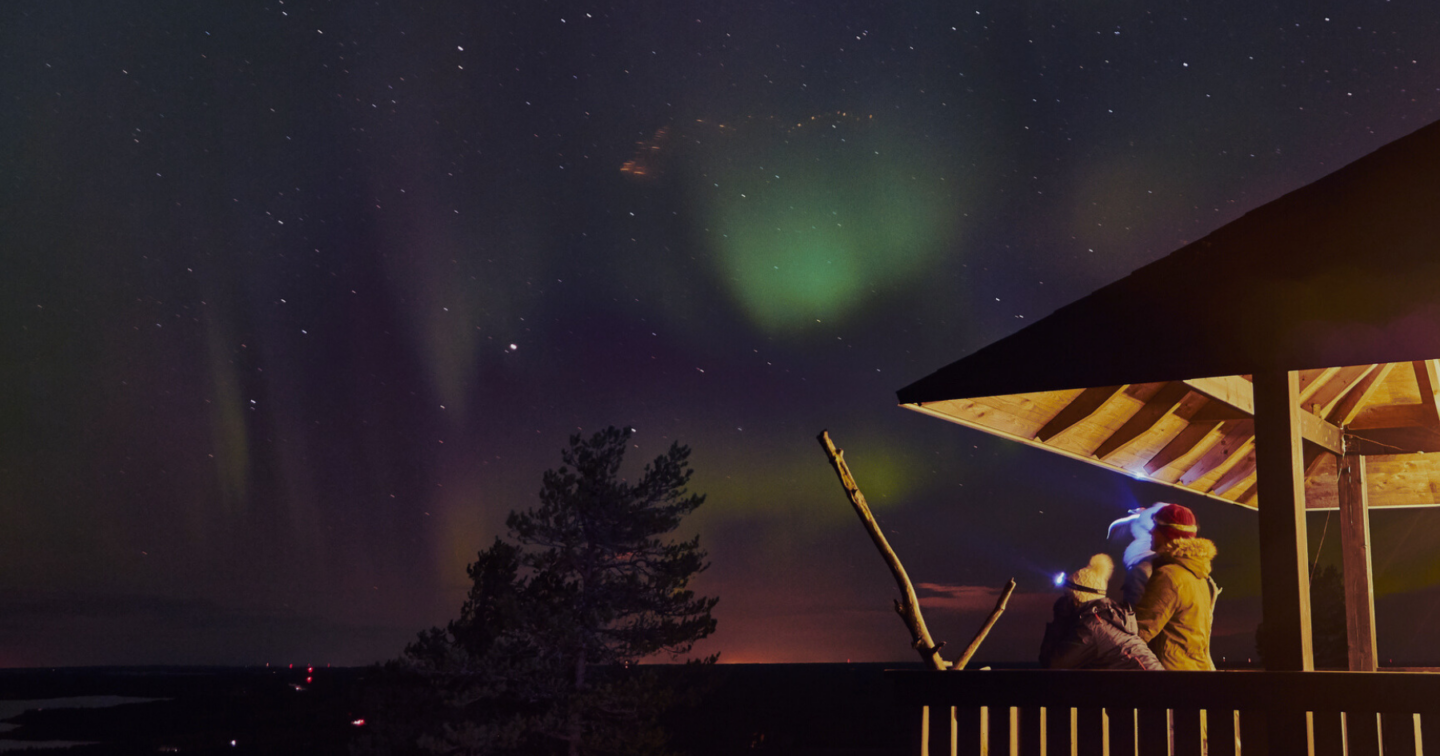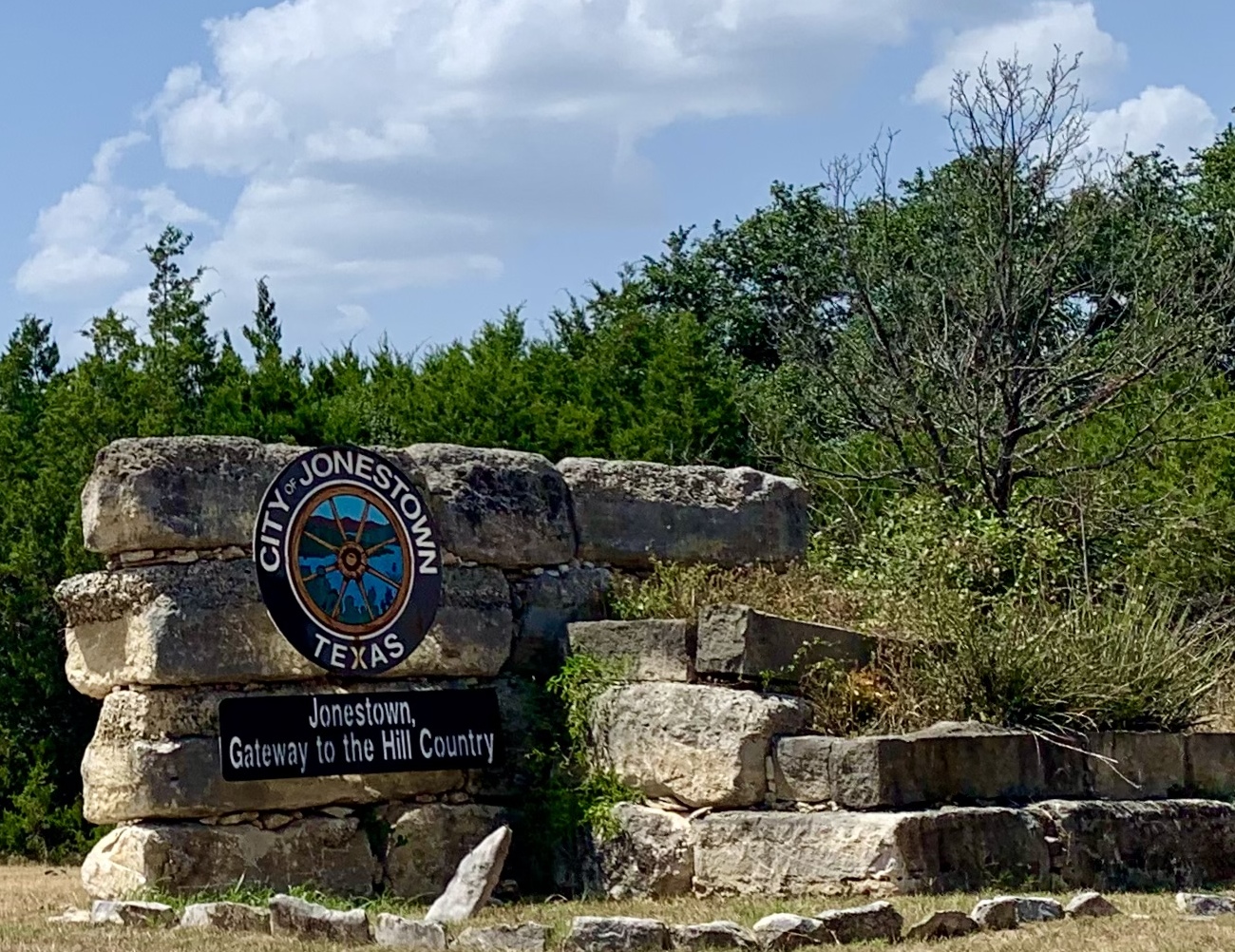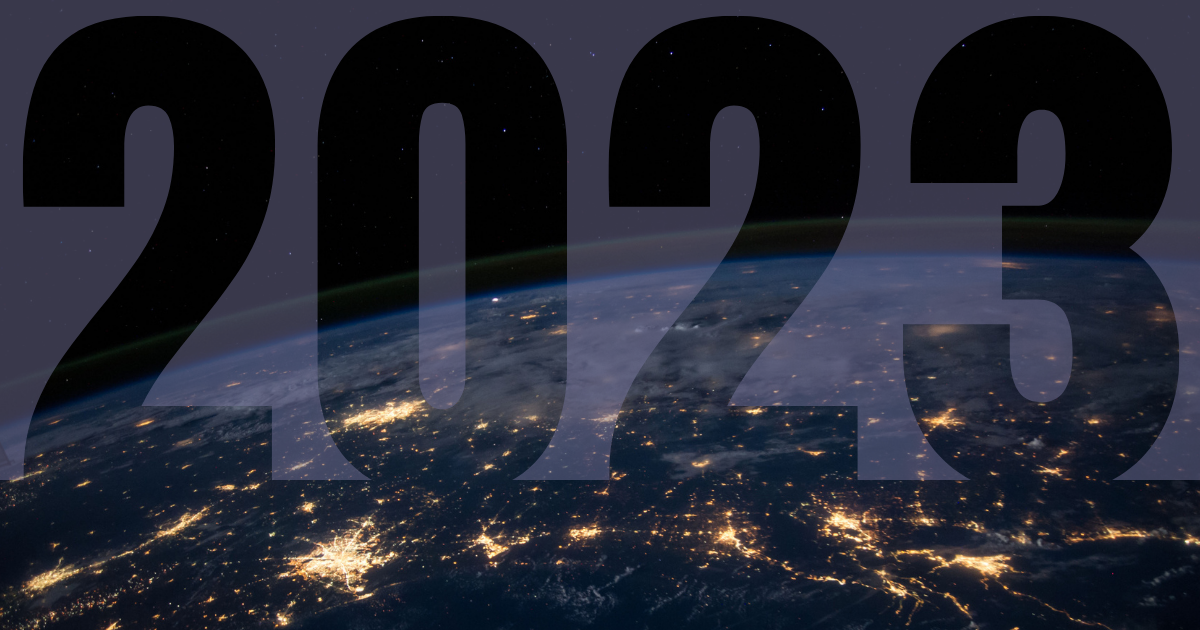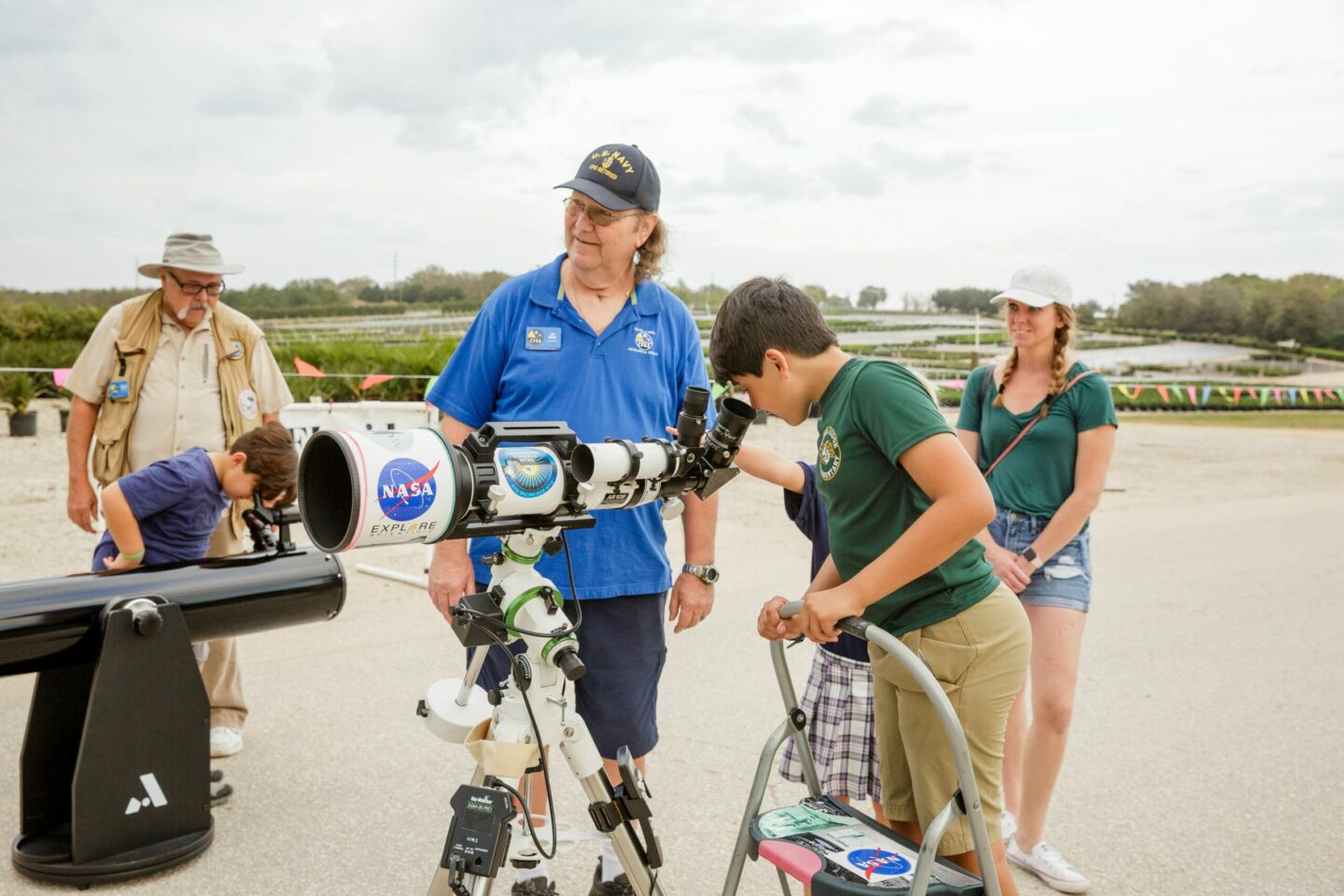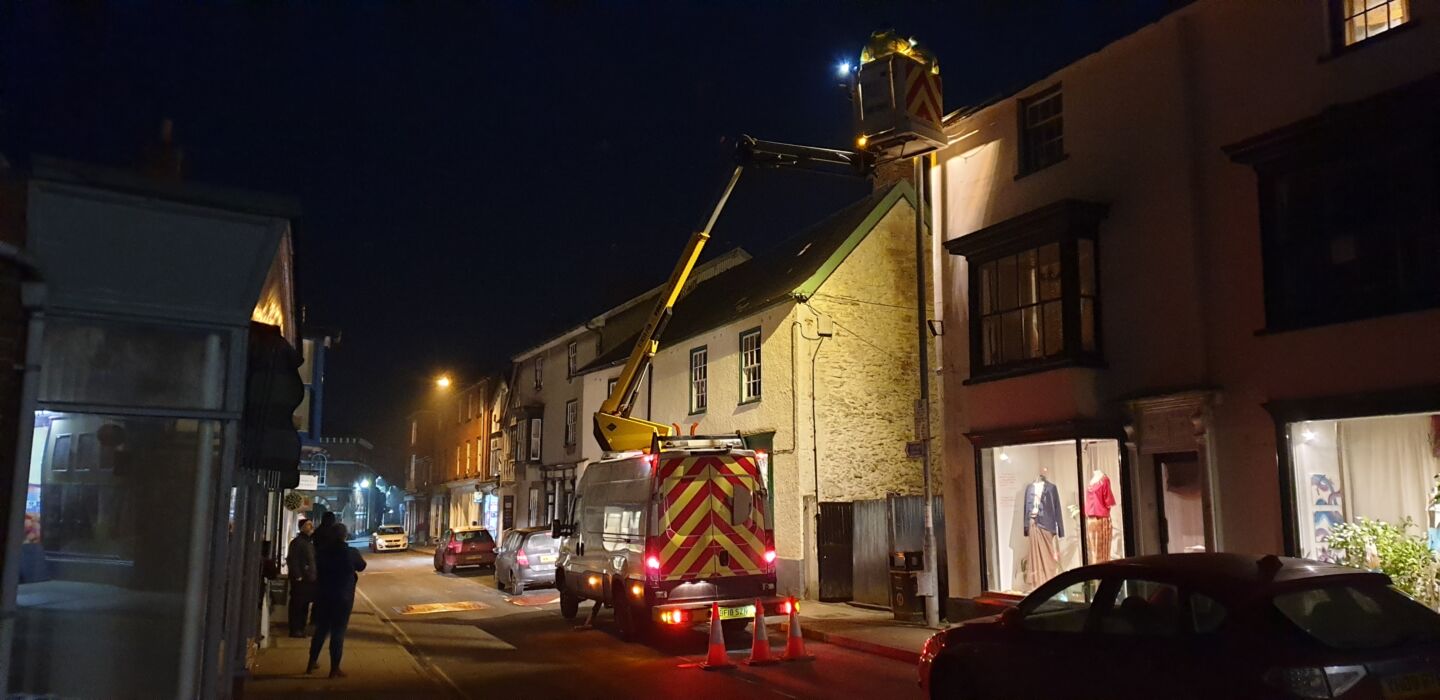
The Psychology of Dark Skies
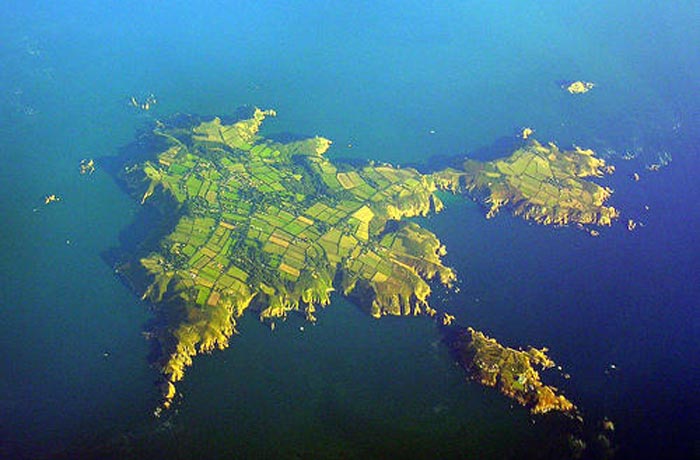
By Guest Writer Ada Blair
I’ve been a regular visitor to the Isle of Sark since 2010 when a close friend of mine moved there. Sark, at only 5.5 square kilometres, is the smallest of the four main Channel Islands, which lie between England and France. In January 2011 the International Dark-Sky Association designated Sark as a Dark Sky Community and Sark became the world’s first “Dark Sky Island.” Moreover, as author Paul Bogard notes, unlike many Dark Sky Places, “what makes Sark especially compelling is that people actually live there.”
The island has a population of about 650 and attracts up to 40,000 visitors annually. All cars and vehicles other than tractors are banned and people travel by bike or on foot. There are no public streetlights, which is why Sark is the perfect environment for viewing celestial bodies of the night sky.
As a psychotherapist who has also studied ecopsychology, I have a longstanding interest in how encounters with nature (including the sky) may positively impact wellbeing and even lead to transformation. When out at night on Sark, enveloped by its very dark sky, I regularly felt this effect and became curious if others have had similar experiences.
The fields of ecopsychology and environmental psychology look at how encounters with nature may be beneficial and transformative but usually the focus is on “green”/grounded nature rather than encounters with the sky. In fact, it’s not often that the sky is even considered part of nature. IDA however states the sky is, “one half of the entire planet’s natural environment.” Although dark sky supporters often claim dark skies enhance wellbeing, there is a little research to support these claims. Much of the research focuses instead on the negative impacts of light pollution on human and animal health and behaviour.
This is why in 2014, I chose to study the role the night sky plays in the lives of Sark residents as part of my M.A. work in Cultural Astronomy and Astrology at the University of Wales Trinity Saint David. My research uses the qualitative method of intuitive inquiry, which was originally developed by William Braud and Rosemarie Anderson to study transformative experiences.
I chose to approach the research by exploring the following themes
- The human desire to see the night sky
- The commercialisation of this desire through astronomical tourism
- The “nature” of nature, fear of the dark, and nature and wellbeing
I carried out an extensive literature review to consider the themes as they appear in relevant scholarly literature in the fields of ecopsychology, health and environmental psychology, and cultural astronomy. In March 2014, I conducted a series of individual, semi-structured interviews and a focus group, and a number of other participants completed interview questions online. In addition, I kept a “reflexive journal” during the research process of my observations, dreams and significant events.
The Findings
Sark residents place a high level of value and enjoyment on observing the night sky, alone or with others, and feel that this strengthened family/community connection. For example, residents made comments like “I absolutely love it (the night sky) and can’t imagine being without it” and “last summer we were lying on the field outside the Island Hall with everybody looking up during the meteor shower … people had sleeping bags, thermoses and hot chocolate. … It was brilliant … everybody was getting so much enjoyment out of it.”
People often share stories about Sark’s night sky with each other, for example, “Did you see the Milky Way above the Seignurie last night, wasn’t it amazing?”
There’s a widespread belief that observing the night sky results in positive (and sometimes transformative) feelings. According to one resident, “‘This huge mass of stars in the sky, it makes you feel a lot better … you look up and you look out … it just draws you out, you concentrate on something else.
None of the participants expressed being afraid of the dark and instead said things like “My kids, they’ve been brought up here … They’ll go on their bikes ahead of me in pitch darkness” and “When I moved here I had to train myself not to be scared … now I feel 100 percent safe.”
Also, residents see the night sky as part of nature: “The dark sky is integral. It’s what Sark is. It’s part of nature here.”
This research begins to address the “missing sky factor” within the fields of ecopsychology and health and environmental psychology. These findings can be used to strengthen the claims of the dark skies movement that dark night skies can have a positive impact on wellbeing.
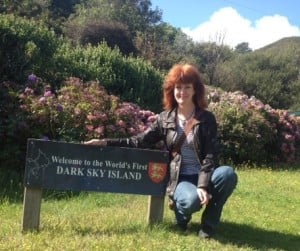 Ada Blair is a psychotherapist and workshop facilitator living in Edinburgh, Scotland. She works in the nonprofit sector, higher education and has a private practice. She enjoys having her feet on the ground and her head in the clouds! Ada’s M.A. research is currently being revised for publication in the Sophia Centre Monograph Series 2016 published through the Sophia Centre Press
Ada Blair is a psychotherapist and workshop facilitator living in Edinburgh, Scotland. She works in the nonprofit sector, higher education and has a private practice. She enjoys having her feet on the ground and her head in the clouds! Ada’s M.A. research is currently being revised for publication in the Sophia Centre Monograph Series 2016 published through the Sophia Centre Press






